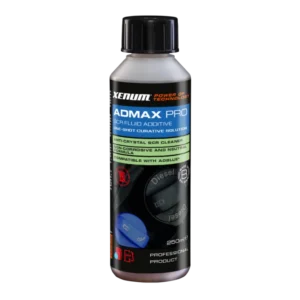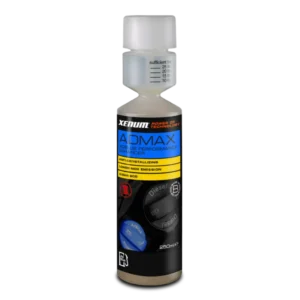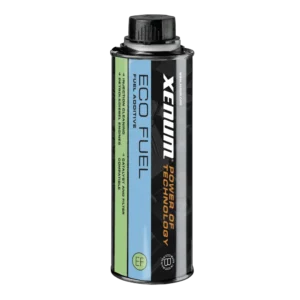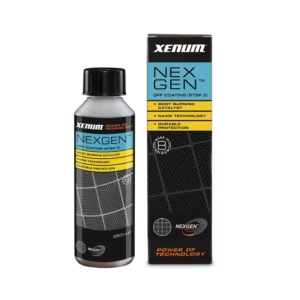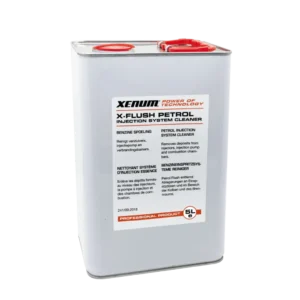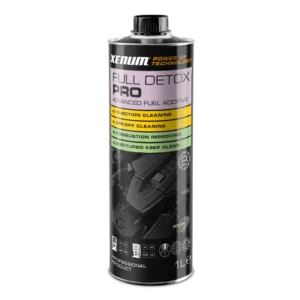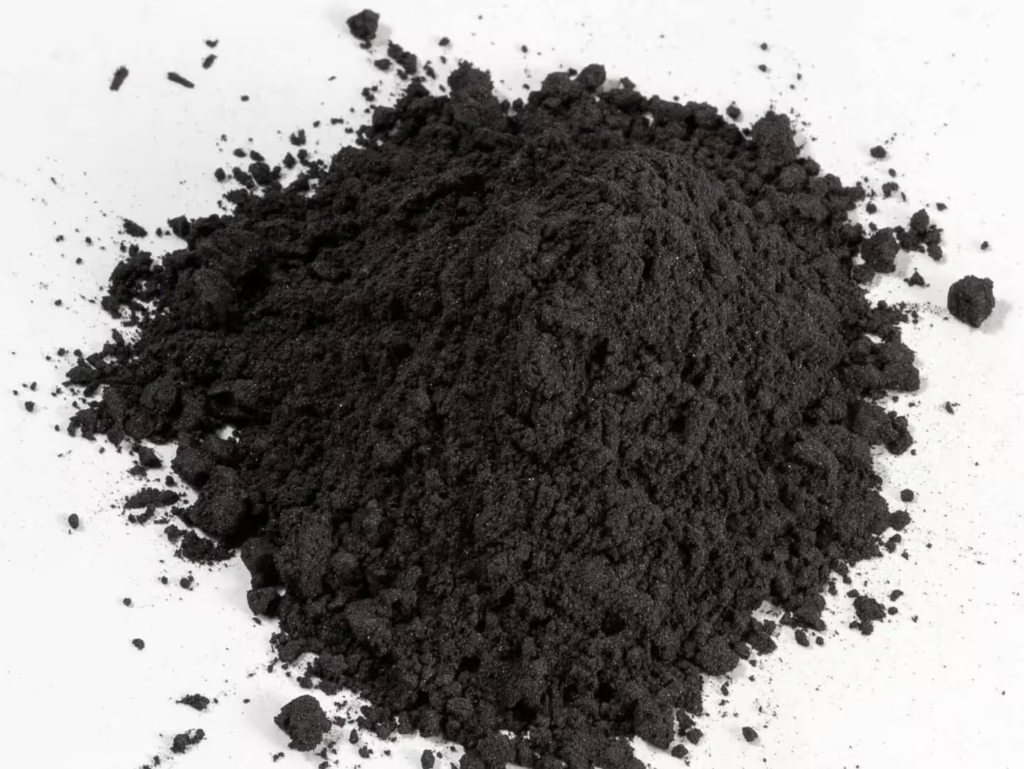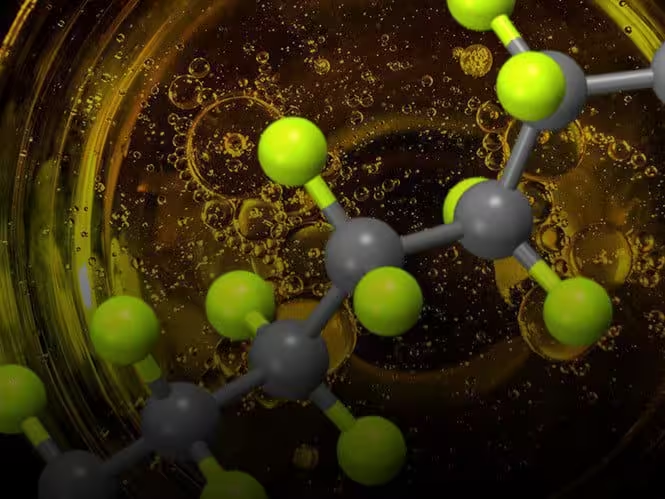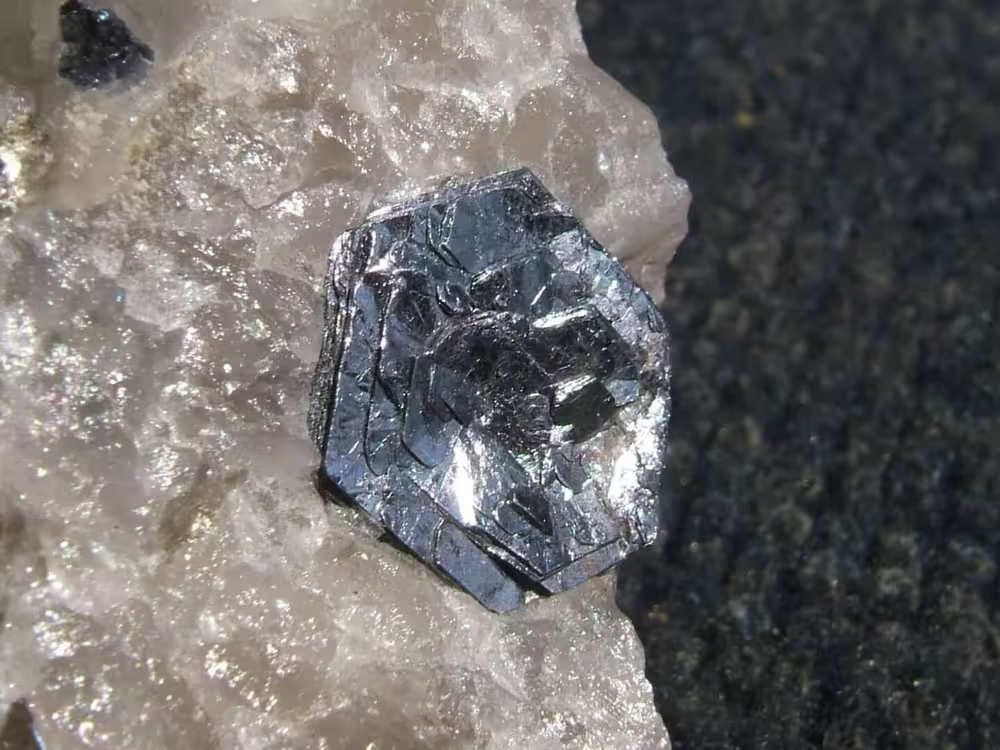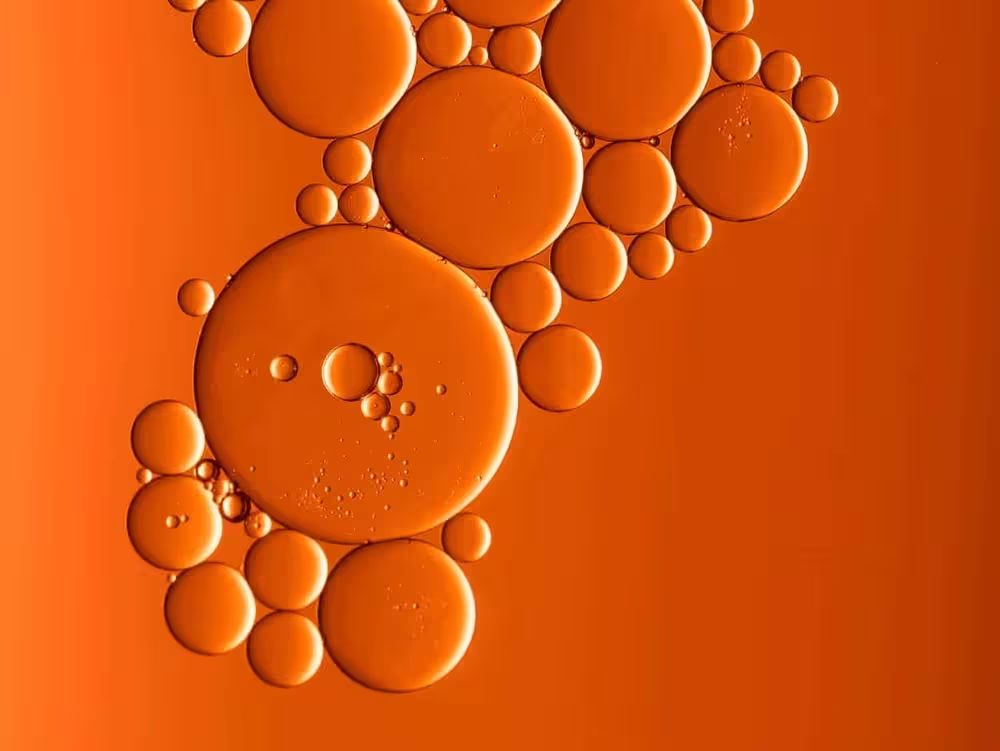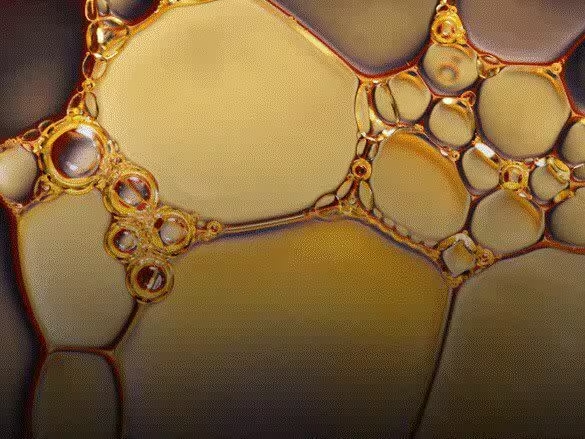Оливи Моторні. Частина 4: Додатки з наночастинками

У нашій останній статті ми ще детальніше розглянули використання присадок в оливах. Ми довели, що мінеральна моторна олива для урегулювання в’язкості повинна бути завжди під рукою. Особливо,для сучасних автомобілів. Якщо Ви пропустили цю інфомацію, рекомендуємо попередньо прочитати її.
Ми також, отримували відгуки, що додатки часто є непотрібними, або ж вважається,що їх часте використання буде шкідливим для двигуна.
Без перебільшення, всі комерційні оливи мають в собі ті чи інші додатки. Деякі бренди позиціонують себе відкрито в цьому плані, а деякі надають перевагу не розказувати. Хай там як, але всі оливи в тій чи іншій мірі потребують присадок.
Це Факт.
Класичні додатки в оливах
В середньому, кінцевий продукт – присадка,вміщує близько 80% базових олив. Інші 20% є сполуками, які надають їй різноманітні властивості. Окрім урегулювання в’язкості, вони дозволяють набути різноманітних характеристик. Ми можемо розділити класичні додатки по наступним категоріях, а саме:
- Додатки для очищення: Без цих присадок олива легко може призвести до утворення сажі, оксидів, іржі, або може навіть розкладатись із часом. Такі додатки є здебільшого антиокислювачами, антиоксидантами та взаємодіють із частинками металу.
- Додатки для контролю засмічення: Сажа, надлишки карбону, кислоти можуть відкладатись у паливній системі. Саме тому, є необхідними розріджувачі або ж додатки, які б уповільнювали утворення клубків та піни. Відсутність таких присадок може призвести до зниження ефективності роботи двигуна, або і зовсім стати причиною несправності.
- Додатки для змащення: Наночастинки, створені для контролю тертя і тиску між елементами двигуна здатні суттєво зменшити зношення двигуна і покращити роботу автомобіля.
Більшість класичних присадок мають добрі мастильні властивості, що допомагає закрити найосновніші потреби. Проте, Ви часто можете потребувати присадок для особливих цілей– відновлення і захисту сальників або ж максимального очищення всіх елементів системи тощо.
Багато виробників говорять, що технічних можливостей для такого продукту не існує, проте у нас є рішення.

Додатки із наночастинками
Колими говоримо про наночастинки, ми маємо на увазі щось, що міститься в оливі,залишаючись при цьому у твердому стані. Наночастинки не впливають на хімічні властивості олив, але дозволяють отримати значно кращі результати у роботі.
Їхня головна ціль – підсилити захисні та змащувальні властивості оливи. Всередині двигуна, в місцях, де відбувається тертя між металевими частинами, ризик зношення є дуже високим. Завдяки оливі, критичні місця мають меншу схильність до пошкоджувань, змащуються і старіють повільніше, проте навіть невеликі перебої здатні призвести до втрати ефективності двигуна. Саме тому додатки стають у пригоді.
Для того, щоб звести до мінімуму можливість таких нерівномірностей, були розроблені особливі додатки із наночастинками, що створюють плівку на поверхні запчастин, що знижує тертя значно краще, аніж класичні оливи. Молібден, PTFE (Teflon™), Графіт, а також Кераміка є чудовими прикладами таких добавок.
Про ці та інші наночастинки ми розкажемо у наступній статті. А зараз ми хочемо лише нагадати, що навіть ті маленькі частинки металу, що виникають через тертя, є твердими. Ці невеликі, наче б то, частинки стають згодом домішками, які захоплюються масляним фільтром і шкодять роботі двигуна. Більше можна дізнатись у дослідженнях.
Залишайтесь на звязку!
Ми розказуватимемо більше і детальніше,якщо це корисно для Вас. Якщо у Вас виникли питання – звертайтесь до нас або наших представників.
 МКП (Механіка)
МКП (Механіка) Мастильна система
Мастильна система Паливна система
Паливна система Система охолодження
Система охолодження
